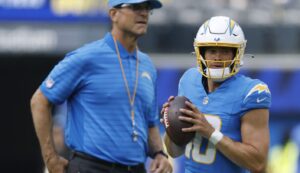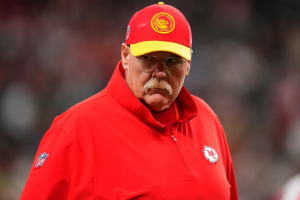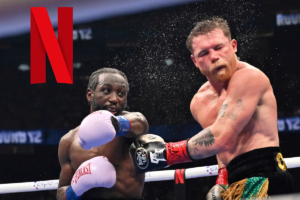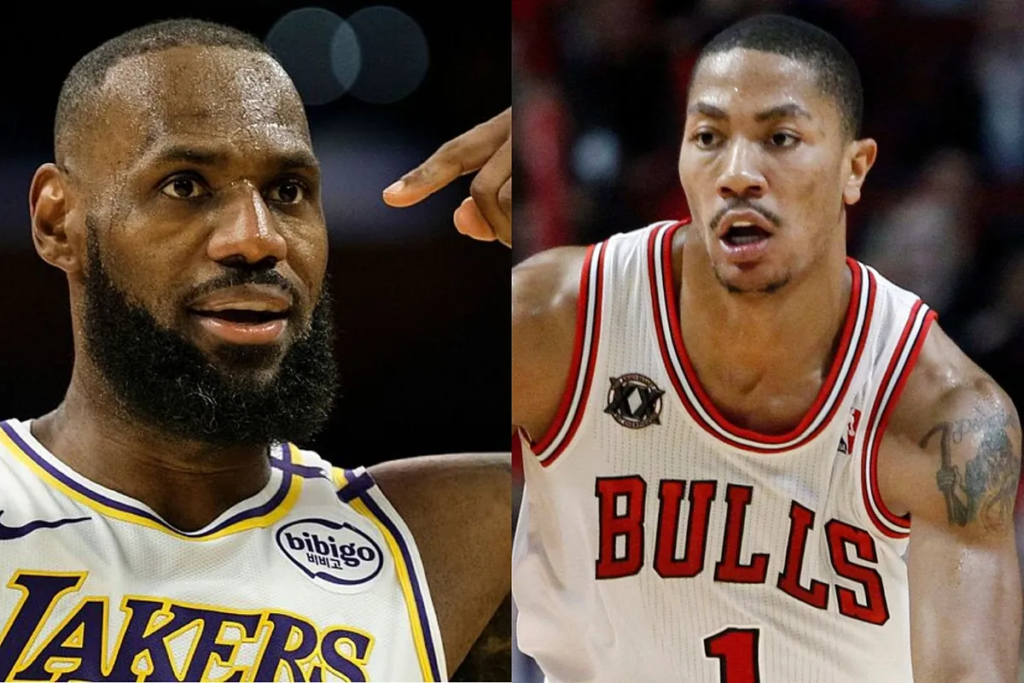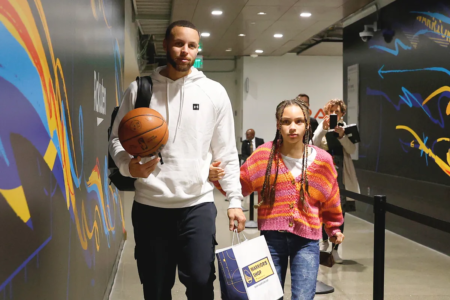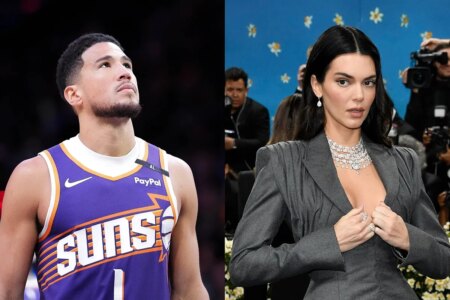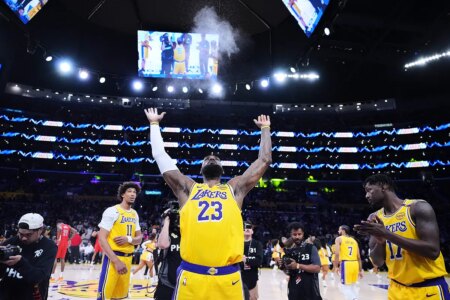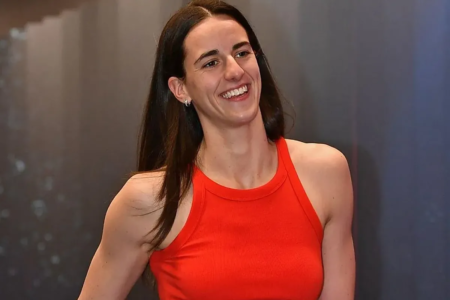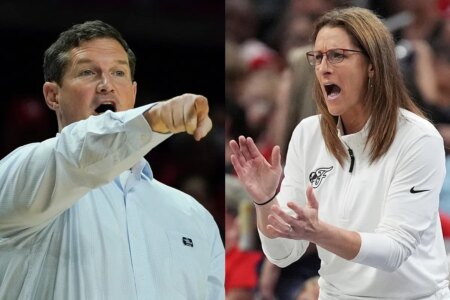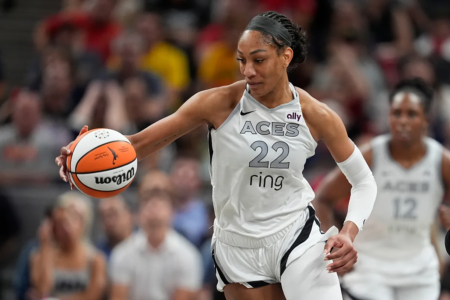The summer of 2010 marked one of the most pivotal free agency periods in NBA history. The Chicago Bulls, still seeking to revive the dominance of their 1990s championship era, stood in a strong position to recruit the league’s top talent.
With cap space cleared and a roster built around Derrick Rose, the organization pursued LeBron James and Chris Bosh in hopes of forming a new superteam.
Instead, James and Bosh joined Dwyane Wade in Miami, creating a trio that reshaped the league for years.
Behind that outcome was a subtle but decisive factor: Rose’s reluctance to actively recruit James.
LeBron James has often spoken of his admiration for Michael Jordan, the figure most synonymous with Chicago basketball. His choice of jersey number 23 served as a tribute to Jordan’s legacy, and the possibility of continuing that tradition in Chicago carried clear appeal.
Reports at the time indicated James was open to the move. Yet the effort to bring him to the Bulls faltered not because of financial considerations or roster construction, but due to a lack of engagement from the team’s star.
Former Miami Heat guard Mario Chalmers later revealed that fit concerns also played a role.
In his view, the combination of Rose, James, and Wade would have posed challenges in terms of spacing, with each player accustomed to handling the ball extensively.
Chalmers contrasted his own role in Miami, pointing out that his ability to play off the ball and provide perimeter shooting complimented the stars more effectively than Rose’s style could have.
The recruitment that never happened
The strategic questions surrounding on-court roles were compounded by the absence of personal outreach. According to reporting from ESPN’s Adrian Wojnarowski, the Bulls’ front office anticipated that Rose would directly contact James during the free-agency period.
That call never took place. While ownership, general manager Gar Forman, and coach Tom Thibodeau all participated in the formal presentation, Rose’s silence sent a message that the partnership lacked full support from within the locker room.
For James, seeking both competitive opportunity and personal affirmation, the omission was significant.
By contrast, Wade played a central role in Miami’s recruitment. He not only remained engaged with the franchise but also personally reached out to James and Bosh.
The truth about Dwyane Wade
In later interviews, Wade admitted that he had considered leaving Miami for his hometown of Chicago, only to be persuaded otherwise after James explained that the Heat had created the financial flexibility to unite three stars.
That conversation proved decisive. Wade stayed, James and Bosh joined, and the Miami Heat embarked on a run that included four consecutive NBA Finals appearances and two championships.
The episode illustrates how decisions at the highest levels of professional sport are influenced as much by personal relationships as by financial or tactical considerations.
A phone call that never came shifted the direction of multiple careers and redefined an era of the NBA. Chicago’s chance to build a dynasty slipped away, while Miami capitalized on the opportunity to construct one of the most influential teams of the modern era.
Read the full article here

